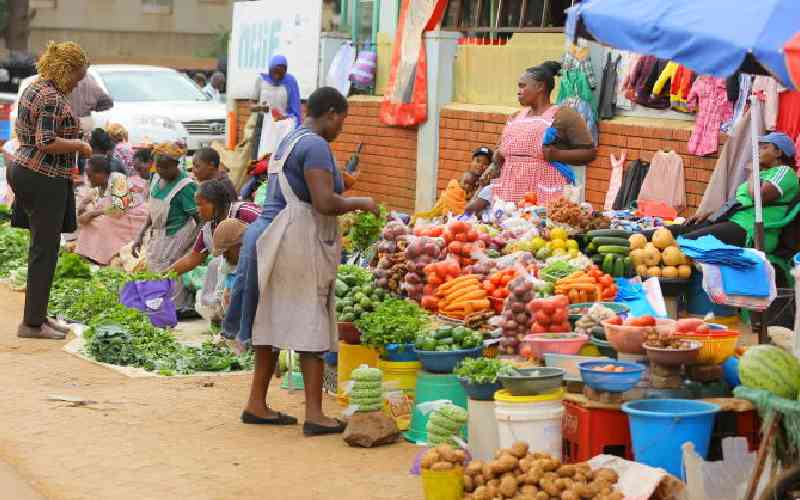×
The Standard e-Paper
Fearless, Trusted News

It's easy to predict what President William Ruto will say in the next state of the nation address.
We are already hearing a bit of it in the narrative that the economy is turning around with a fall in inflation.